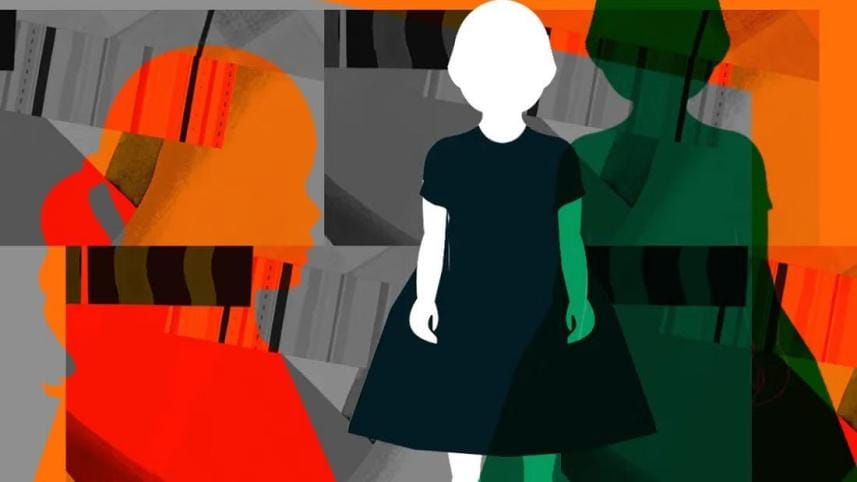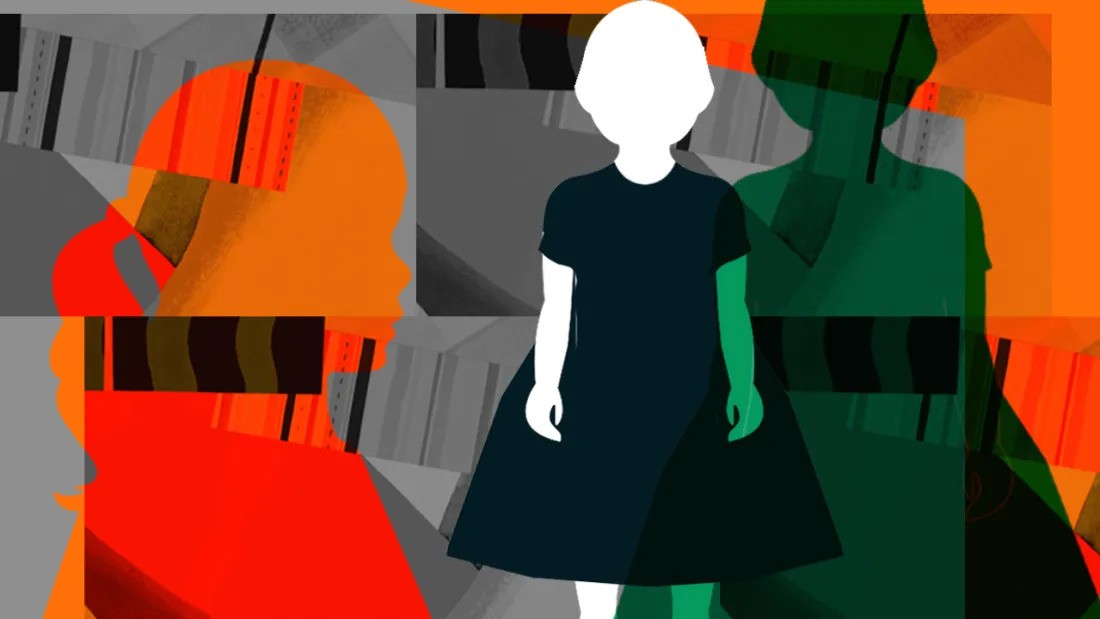How much longer do we pretend its normal?

There is no better way to say it. Bangladesh is failing its children. The latest data from Ain o Salish Kendra (ASK) is not just alarming. It is damning. Child rape cases surged by nearly 75 percent in the first seven months of this year, compared to the same period last year.
Three hundred and six girls were raped between January and July, more than the total reported in all of 2024. If that feels abstract, consider this: 49 of those girls were toddlers, children below 6 years. Another 94 were aged 7–12. Even babies are not safe in this country.
What kind of nation allows its most vulnerable to be brutalised in such numbers, and yet carries on as if nothing has happened?
Of those 306 cases, only 251 were filed in court. That means nearly one in five children was denied even the chance of justice. Attempted rape cases fared worse: out of 129, only 85 reached court.
Thirty boys were also raped in the same period, almost matching the total reported in the whole of last year.
What does this say about us? That we are willing to let children suffer in silence because families fear shame, neighbours prefer to stay uninvolved, and authorities look the other way?
Silence is no longer ignorance; it is complicity.
Some may find comfort in telling themselves that these are "isolated". But the wider record proves otherwise. The Human Rights Support Society (HRSS) documented 1,499 women and girls being subjected to violence in 2024. Of these, 558 were raped. More than half were minors. One in every four were gang rapes. Forty women and girls were murdered after assault. Eleven killed themselves.
Even beyond sexual violence, the brutality continues. Last year, 319 women were killed in domestic violence, 48 died over dowry, and 13 were scarred by acid attacks, showing that the darkest forms of misogyny persist.
HRSS also recorded 4,378 cases of child abuse, including 664 child deaths.
The pattern is clear: violence is systemic.
They expose a country where gender-based violence is woven into daily life, normalised by culture, enabled by weak enforcement, and sustained by impunity.
Bangladesh does not lack laws. There is the Women and Children Repression Prevention Act. There are the Dowry Prohibition Act and child protection frameworks. But laws that remain on paper do not save lives. Cases drag on for years, political influence shields offenders, and survivors are forced to carry the shame that should belong to perpetrators.
Each number in these reports represents a life shattered. A toddler whose childhood ended before it began. A teenager silenced into shame. A boy who may never speak of what was done to him.
And yet, these lives are reduced to statistics in annual reports that flare briefly in headlines before fading into silence.
This is the real national shame: our ability to move on. The question is no longer how many, but how much longer we will pretend this is normal.




 For all latest news, follow The Daily Star's Google News channel.
For all latest news, follow The Daily Star's Google News channel. 
Comments